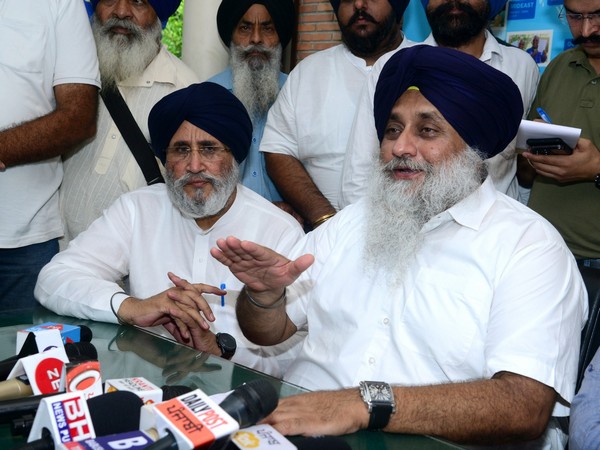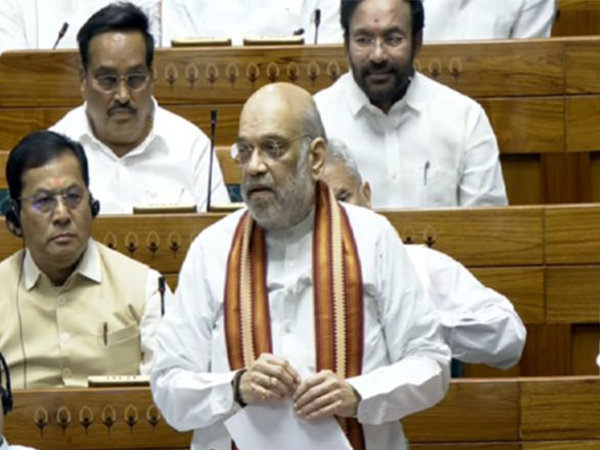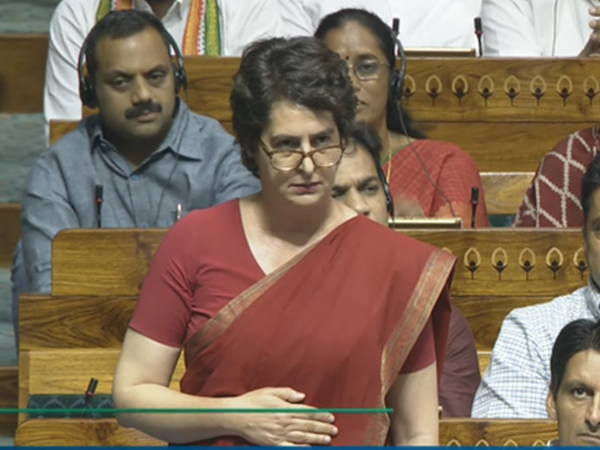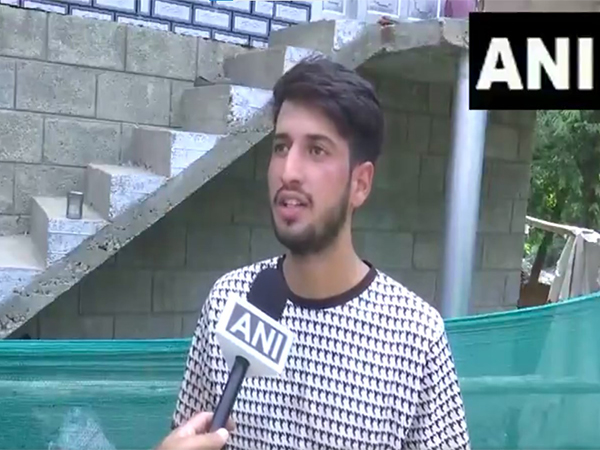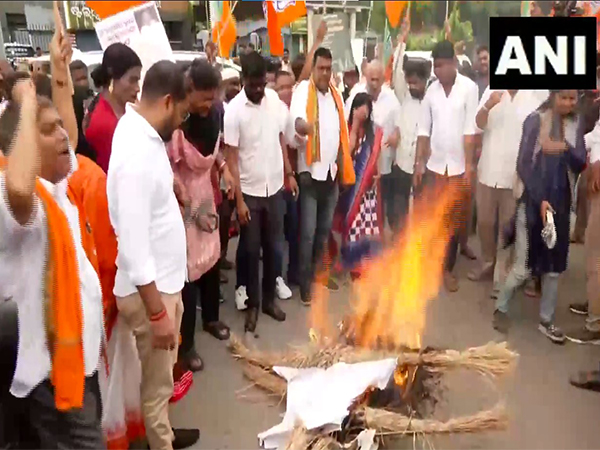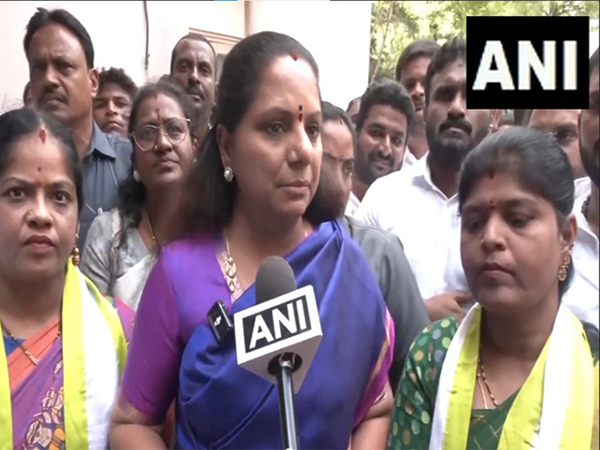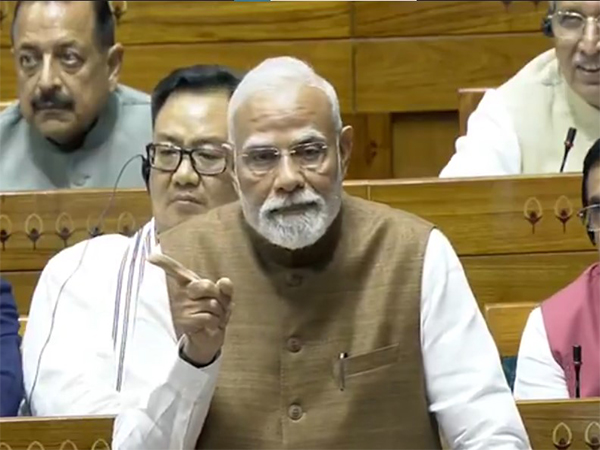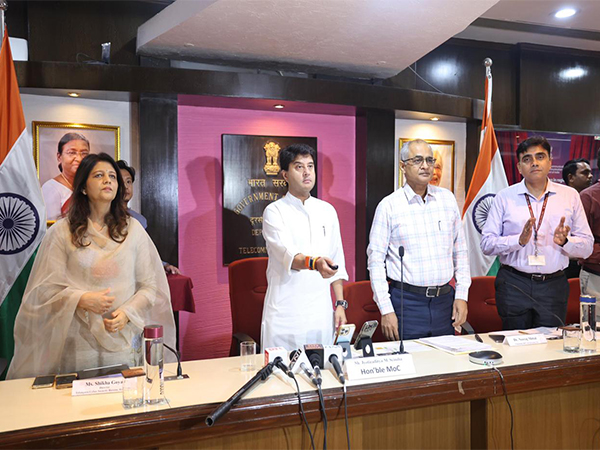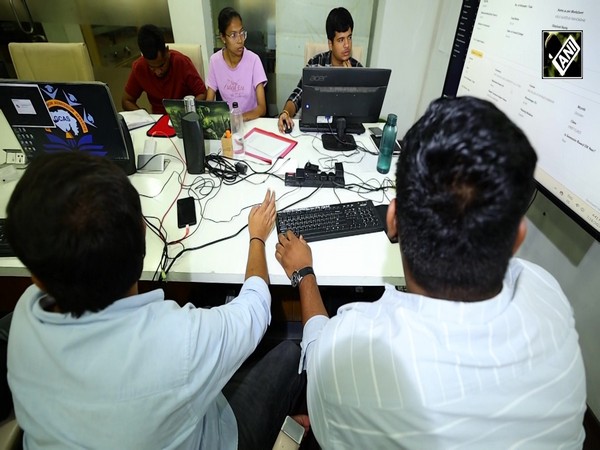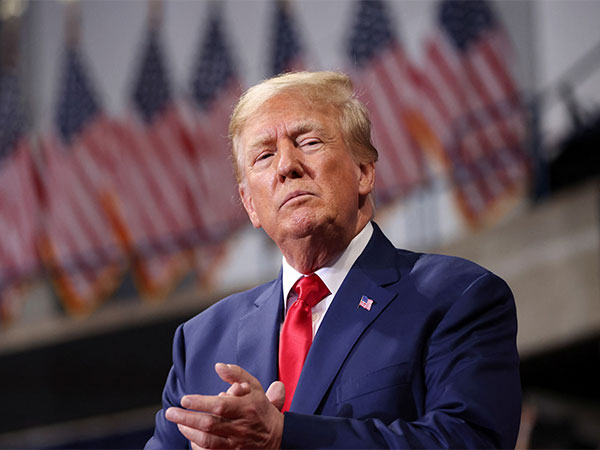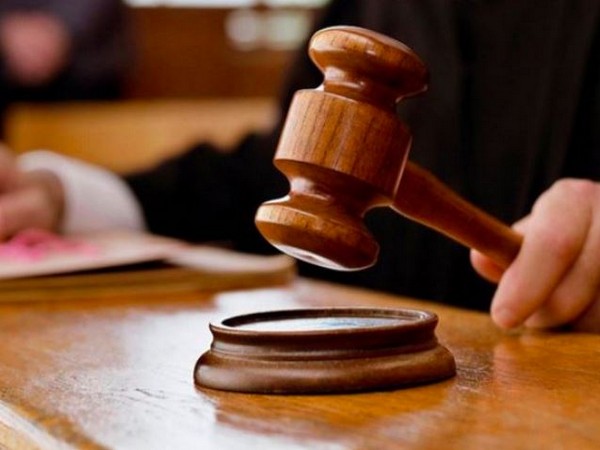
National Herald Case: Delhi Court defers order on cognizance of ED chargesheet
Jul 29, 2025
New Delhi [India], July 29 : The Rouse Avenue court in the national capital deferred an order on cognisance of the Enforcement Directorate charge sheet in the National Herald case and said that it needs some inspection of the case file.
The court has listed the matter on August 7 and 8 for inspection. Thereafter, the court will give a date for the order on cognizance.
The Enforcement Directorate had filed a charge sheet against Congress leader Sonia Gandhi, Rahul Gandhi, Suman Dubey, Sam Pitroda, Sunil Bhandari, Young Indian and Dotex Merchandise.
This case pertains to allegations that Young Indian has a right to recover a loan amount of Rs. 90 crore from Associated Journal Limited (AJL) by paying Rs. 50 lakh to Congress. The Congress party had given a loan of Rs 90 crore to AJL.
The ED has alleged that the proposed accused fraudulently took over the AJL, which has assets worth Rs. 2000 crore.
Special judge Vishal Gogne on Tuesday listed the matter for inspection on August 7 and 8. The court had reserved the order on July 14 on cognizance after hearing submissions of the Enforcement Directorate and the proposed accused persons.
On July 12, in rebuttal arguments before the court, Additional Solicitor General S V Raju said that Young Indian was involved in money laundering and continues to be involved. Raju asserted that there were sufficient grounds to take cognizance of the prosecution complaint against all accused persons in the National Herald money laundering case.
In his rebuttal, ASG had submitted that those who donated to AICC were cheated and duped.
He submitted that Young Indian was a bogey for money laundering and the donors were neither aware of Young Indian nor its objectives.
The ASG further submitted that some of the people gave donations on the instructions of senior Congress leaders. He also submitted that the Young Indian was not carrying on the activities in furtherance of its objectives. "Young Indian was doing money laundering, still doing", ASG had argued.
"Young Indian gave Rs 50 Lakh out of Rs. One crore loan from Dotex," ASG further said.
On the point of recovery of debt, ASG argued that the right to recover debt is an actionable claim. The right to recover is a property. They (Accused) have got the right to recover Rs 90 crores by paying mere Rs. 50 Lakh.
"Why charitable institutions invest Rs. 50 lakh to recover Rs. 90 crore when it was not recoverable," ASG said, adding, "Young Indian gave Rs. 50 Lakh to AICC and AICC gave the right to recover a debt of Rs. 90 crores."
"You (proposed accused) misrepresented the donors who donated to the AICC," ASG argued.
It was submitted by the ASG that Young Indian was formed on November 23, 2010. On December 13, 2010, Rahul Gandhi was appointed the director of Young Indian.
The ASG submitted that without investing a single penny in AJL, the Young Indian became the owner of assets worth Rs. 1910 crore. He added that there was cheating with the other shareholders of AJL. It is a total fraud.
As per the balance sheet of Associated Journal Limited (AJL), there were assets of Rs. 2000 crores and a liability of Rs. 90 crores, ED said.
ASG submitted that debt recovery is a form of property. On the point of share acquisition, it submitted that the Allotment of shares constitutes the acquisition. In this case, shares were not transferred; instead, they were acquired. Later, these shares were transferred to Sonia Gandhi and Rahul Gandhi.
Regarding the role of accused persons, it was submitted that Sonia Gandhi, Rahul Gandhi, Suman Dubey, and Sam Pitroda were directors of Young Indian. They were in charge of conducting the business of the company.
Regarding the commission of an allegation by the company, ED submitted that when an offence by the company triggers section 70 of PMLA. Then every person responsible for the conduct of their business will be liable for the offence.
It was submitted that Sonia Gandhi, at the time when the contravention of PMLA was committed, was responsible and was in charge of Young Indian for the conduct of the business of the company.
At the time of payment of Rs. 50 lakh, Sonia Gandhi, as a director, was responsible for the conduct of the affairs of the company.
The ASG Raju submitted that the payment of Rs 50 lakh to AICC by Young Indian was made after Rahul Gandhi became a Director in Young Indian. He further submitted that when the contravention of PMLA was committed, Rahul Gandhi was incharge of the conduct of the business of Young Indian.
ED submitted that all the averments required are there in the Complaint against Sonia Gandhi, Rahul Gandhi, Suman Dubey and Sam Pitroda. Cognizance needs to be taken, the ASG submitted.
The ASG further argued that Dotex Merchandise was merely an entry provider. Someone gave cash, and it resulted in a cheque for Rs. 1 crore. No inquiry was made in relation to business.
It was further submitted that the loan was for one year. There was no guarantee taken, no collateral taken. The loan was recovered when a complaint was filed by Dr. Subramaniam Swamy. It was returned in 2015.
The loan was given at a 14 per cent interest rate. Rs 14 lakh was the interest for the loan of Rs one crore for one year. Interest was not debited or credited in the books.
On the point of jurisdiction, the ASG submitted that unless there is a specific bar, anyone can invoke the jurisdiction. Anyone can move to the court; a five-judge bench of the Supreme Court had said.
He submitted that the accused might have committed an offence, which is sufficient to frame a charge. So the threshold of taking cognisance is much lower.
On the other hand, it was argued on behalf of the proposed accused persons that no case of money laundering is made out against them.
It was also argued that a loan of Rs. 90 crore was given for the revival of Associated Journal Limited (AJL), which published the National Herald newspaper.
It was also argued that AJL is a freedom-fighting legacy. It was founded by Jawaharlal Nehru, Rafi Ahmed Kidwai and other leaders before Independence. The purpose of loan was its revival, not its acquisition.
It was also argued that there is no cheating with the donors of the Congress party. The donation was never given for a specific purpose.
